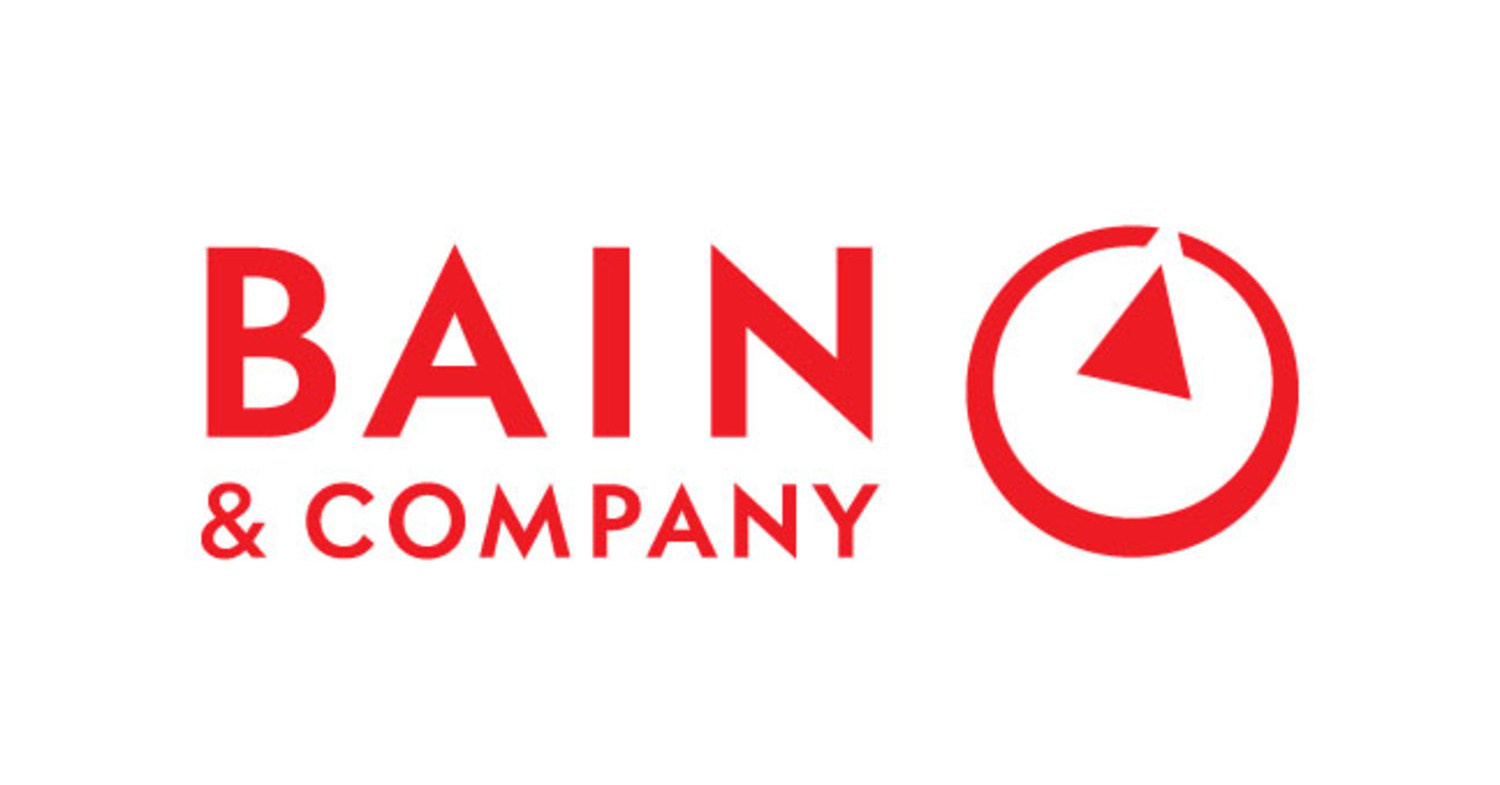Lenovo Study: Generative AI to Drive AI Spending in India by 2025

According to a Lenovo-commissioned study by IDC titled 'CIO Playbook 2025 - It's Time for AI-nomics,' generative artificial intelligence (GenAI) is poised to revolutionize enterprise workflows, capturing 43% of AI implementation spending in India by 2025. Business leaders and IT decision-makers are increasingly prioritizing ROI-driven AI investments, leading to a significant increase in AI spending, with Asia Pacific seeing a 3.3x rise and India a 2.7x increase.
Despite these rising investments, AI adoption in India is still in its nascent stages, with 49% of organizations either evaluating or planning AI implementation within the next 12 months. This adoption rate lags behind the Asia Pacific average of 56% and aligns with the global average of 49%, with ROI being a major impediment to rapid adoption. Achieving ROI from AI necessitates a long-term strategy that balances AI experimentation with scalable solutions. Asia Pacific organizations anticipate an average ROI of 3.6x from their AI projects, requiring a deliberate approach to scaling AI and developing internal capabilities.
India's cautious approach emphasizes improving regulatory compliance, enhancing customer experience, and accelerating time to market while addressing challenges such as data quality issues, a lack of AI expertise, and IT infrastructure costs. Evolving business priorities reflect a growing understanding of the requirements for driving AI growth, along with increased awareness of its associated risks. Ethical concerns and biases are now considered the top AI risks; however, only 24% of organizations globally and 25% in Asia Pacific have fully enforced AI governance, risk, and compliance (GRC) policies. In India, only 19% of CIOs report complete implementation of enterprise AI GRC policies, highlighting the urgent need for a structured approach.
Sumir Bhatia, President, Asia Pacific Infrastructure Solutions Group, Lenovo, emphasized the shifting business priorities in Asia Pacific, noting that governance, risk, and compliance have risen significantly to become the top priority. Employee productivity has also gained importance, underscoring the focus on secure, responsible, and impactful AI. Lenovo is committed to making AI accessible to businesses of all sizes.
The report indicates that 65% of organizations in Asia Pacific prefer on-premise or hybrid solutions for powering AI workloads, driven by the need for secure, low-latency environments and operational flexibility, while 19% still rely on public cloud services. India mirrors this trend, with 63% using hybrid or on-premise solutions. Amit Luthra, Managing Director, Lenovo ISG India, noted that hybrid architectures offer both scalability and control, aligning with the global preference for on-premise and hybrid infrastructures to drive innovation while ensuring security and compliance.
AI-powered PCs are gaining traction in the Asia Pacific region, with 43% of organizations reporting significant productivity gains. Although awareness is growing, local adoption is still slow in some markets. In India, 53% of organizations are in the planning stage for AI-powered PC adoption. As the technology matures and demonstrates ROI, adoption is expected to accelerate.
With organizations scaling their AI efforts, 34% of Asia Pacific CIOs and 29% of Indian CIOs are actively using professional AI services to navigate complexities in data management, talent shortages, and cost efficiency. An additional 54% of CIOs in India are exploring or planning to engage these services. Fan Ho, Executive Director and General Manager, Solutions and Services Group, Lenovo Asia Pacific, emphasized the importance of investing in the efficiency of AI solution design, deployment, and integration, with professional AI services playing a key role in successful AI adoption.
Indian IT services companies like TCS, Infosys, and Wipro are also increasing their investments in GenAI. K. Krithivasan, CEO and MD, TCS, noted a higher pipeline of AI and GenAI engagements, increased deal wins across AI for IT and AI for business, and a growing propensity to roll out more GenAI use cases to production, with a sharper focus on business outcomes.












